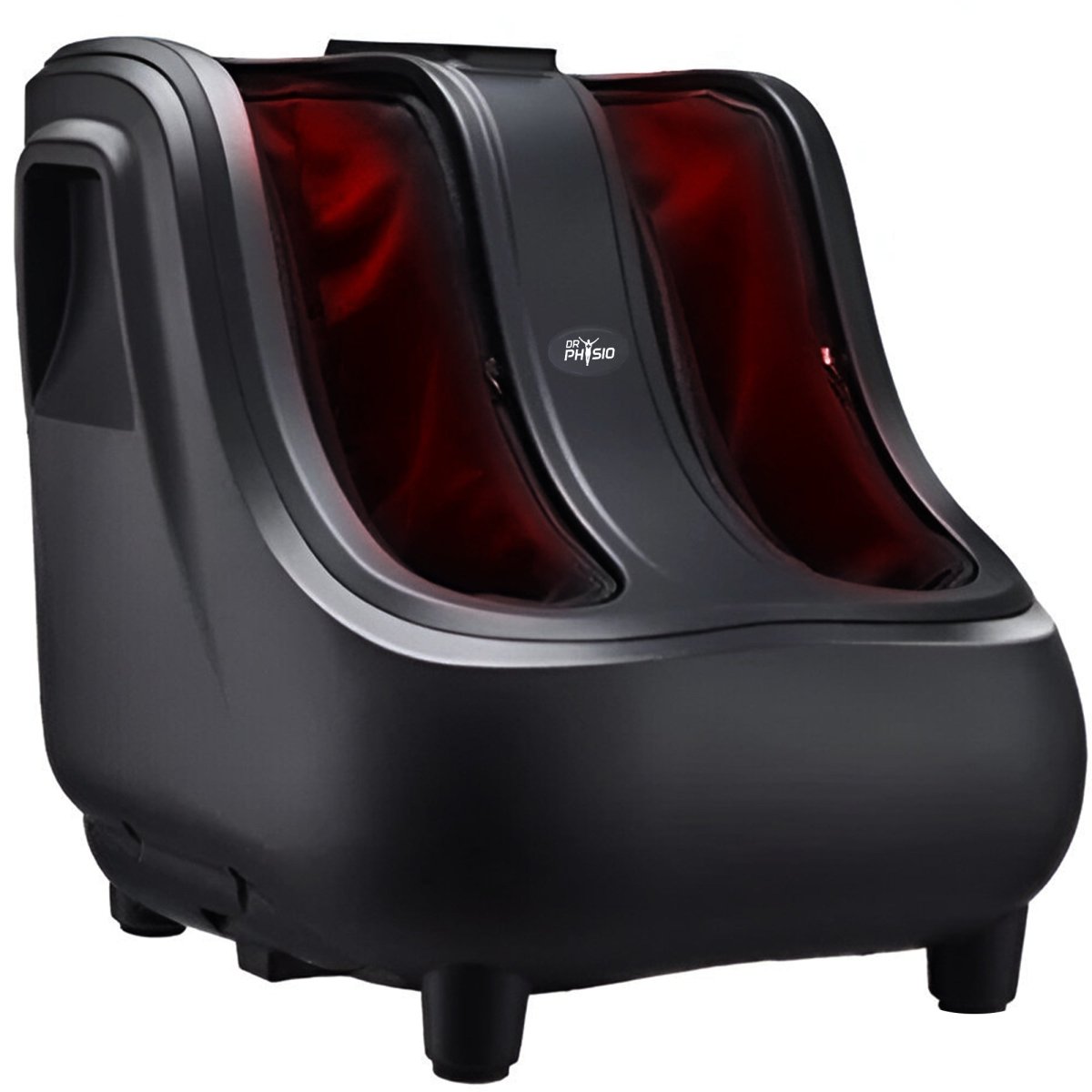Epsom salt and rock salt have different importance and uses. They both are unalike from each other in terms of their composition, properties and uses wise.
Epsom salt is chemically known as magnesium sulfate (MgSO4), containing magnesium, sulfur, and oxygen. Rock salt, on the other hand, is primarily composed of sodium chloride (NaCl), consisting of sodium and chlorine ions.
Properties
Epsom salt has a crystalline structure and appears as colorless or white crystals. It has a bitter taste and readily dissolves in water. Epsom salt is known for its laxative and muscle-relaxing properties due to its high magnesium content. In contrast, rock salt typically occurs as large, transparent or white cubic crystals. It has a salty taste and is relatively insoluble in cold water but dissolves more readily in hot water.
Uses
Epsom salt is commonly used for various purposes, including as a bath salt for relaxation, a fertilizer in gardening, and a remedy for certain health conditions. It can also be used in beauty and cleaning products. Rock salt, also known as halite, is often used for de-icing roads and sidewalks during winter, as well as in the food industry for seasoning and preserving food.
Epsom Salt
-
Relaxation and Bathing
Epsom salt is often used in baths to promote relaxation and soothe sore muscles. It is believed to help relieve stress, reduce inflammation, and improve sleep quality. Soaking in an Epsom salt bath is an easy method to increase the body's levels of both magnesium & sulfate as both these minerals are absorbed through skin.
Dr Trust Epsomax Body wash comes with the action of the Epsom salt. Dissolve it in bathtub filled with warm water and soak in for 15-20 minutes to reap the benefits.
-
Beauty and Skincare
Epsom salt is a common ingredient in many beauty and skincare products. It is used in scrubs, exfoliators, and face masks to cleanse and exfoliate the skin. It exfoliate dead skin by removing old, dead skin cells leaving you looking smooth and feeling fresh.
-
Health Remedies
Epsom salt is sometimes used as a home remedy for various ailments, such as constipation, muscle aches, feet pain and minor skin irritations.
Get quick & effective topical foot pain relief with Dr Trust EpsoMAX Foot cream. It is an excellent choice if you need quick relief for your aching feet after a long working day.
-
Gardening
Epsom salt is used as a natural fertilizer in gardening. It provides magnesium and sulfur to plants, promoting healthy growth and enhancing nutrient absorption.
Rock Salt
- De-icing
Rock salt is widely used for de-icing roads, sidewalks, and parking lots during winter. It helps to melt ice and snow, providing safer travel conditions.
-
Food Preservation
Rock salt is used in the food industry for preserving and curing meat, fish, and other perishable foods. It helps to inhibit bacterial growth and extend the shelf life of the products.
-
Seasoning
Rock salt is commonly used as a seasoning salt in cooking. It adds flavor to dishes and enhances the taste of various foods.
-
Water Softening
Rock salt is used in water softening systems to remove hardness-causing minerals from water. It helps to prevent scale buildup in pipes and appliances.
In summary, while epsom salt contains magnesium and sulfate, and is used for various purposes including relaxation and exfoliate skin, rock salt primarily consists of sodium chloride and is commonly used for de-icing and food seasoning. Epsom salt is important for relaxation, gardening, beauty, and some health remedies, while rock salt plays a crucial role in de-icing, food preservation, seasoning, and water softening.














